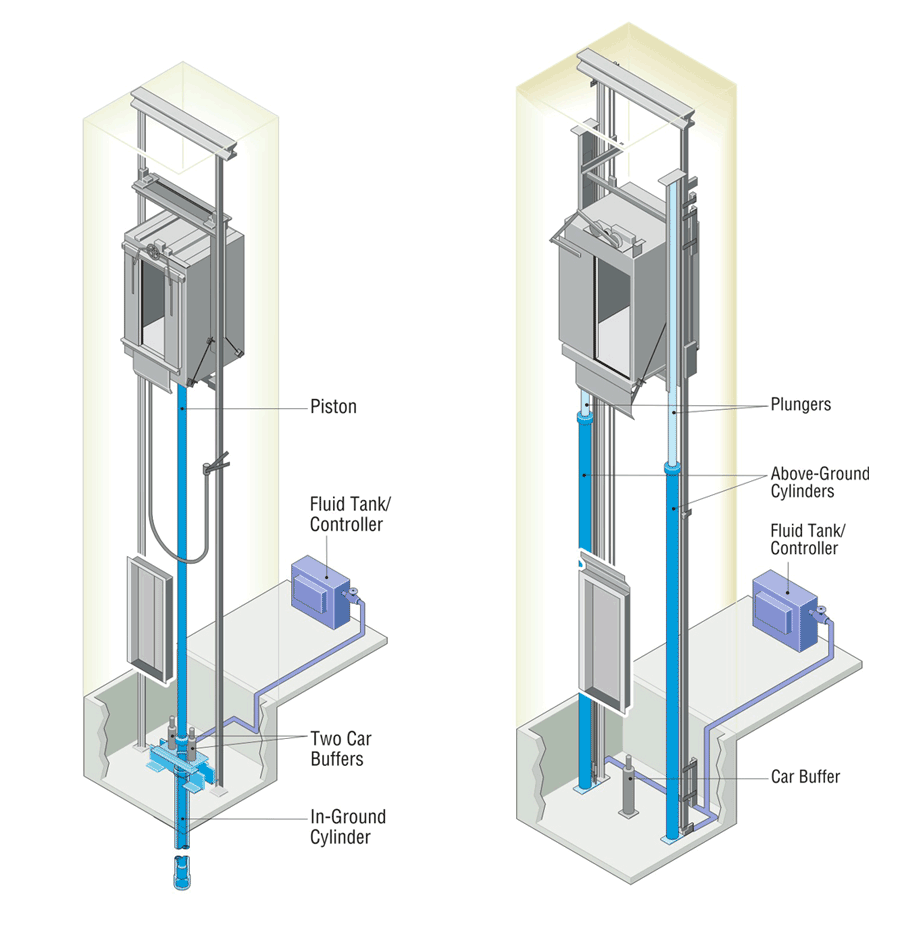Lift Control
If you've ever ridden an elevator or used a lift in a high-rise building, you've likely wondered how these machines work. Behind the scenes, lift control technology ensures that these devices are not only functional, but also safe for passengers to use.
Lift Control and Its Importance
Have you ever been in a situation where the lift took forever to arrive and you had to climb several floors manually? Anyone who has dealt with this situation knows the importance of efficient lift control. While we often take lift technology for granted, it can literally make or break our day. A malfunctioning lift can be frustrating, time-consuming, and even dangerous.
So, what is the point of lift control? Simply put, its purpose is to regulate the movement of lifts, ensuring their operation is as efficient as possible. At its core, lift control is designed to keep people safe while they travel up and down buildings.
In order to do this, lift control systems rely on sophisticated technology that helps to automate the process of moving lifts. From simple remote control systems to computer-based control panels, there are a number of different technologies that can be used to monitor and control the movement of lifts.
Lift Control Systems
At our company, we specialize in lift control systems that incorporate remote control relays with advanced control panels to create a seamless and efficient lift operation system. Our systems are designed to support up to 3 stops, making them ideal for smaller buildings or private residences.
We recently had a client who was experiencing frequent lift outages due to outdated control systems. Our team was able to install a new lift control system that streamlined the operation of the lift and eliminated these problems. The new control system helped to improve the performance of the lift and gave our client greater peace of mind.
The Advantages of Lift Control
So, why is lift control so important? By efficiently controlling the movement of lifts, lift control systems can provide a number of benefits:
- Improved safety: Lift control systems are designed to ensure that lifts operate safely, minimizing the risk of accidents or malfunctions.
- Enhanced efficiency: With advanced control systems, lifts can be operated more efficiently and can move passengers more quickly and smoothly.
- Reduced downtime: By simplifying lift operations, control systems can help to reduce the frequency of breakdowns and maintenance requirements.
The Benefits of Remote Lift Control
One of the key benefits of remote lift control is the ability to operate the lift from a distance. This can be especially useful in situations where you need to control lift operations from multiple locations or where situational awareness is important. By using remote control technology, you can monitor the operation of the lift in real-time and make adjustments as needed.
The Importance of Lift Control Maintenance
While lift control technology can be incredibly robust and reliable, it is important to keep it well-maintained to ensure that it continues to function properly. Regular maintenance and inspection can help to identify potential problems before they turn into major issues, helping to extend the lifespan of your lift control system and keep it operating at peak efficiency.
Questions and Answers
Q: How does lift control technology improve safety in elevators?
A: Lift control technology is designed to ensure that elevators operate smoothly and safely. By automating the operation of the lift, control systems can eliminate human error and reduce the risk of accidents or malfunctions.
Q: What are the most common types of lift control systems?
A: There are several different types of lift control systems, including simple remote control systems, computer-based control panels, and programmable logic controllers (PLCs).
Q: Can lift control technology be retrofitted into older elevators?
A: Yes, in many cases lift control technology can be installed into older elevators as part of an upgrade or modernization project.
Q: What is the lifespan of a lift control system?
A: The lifespan of a lift control system can vary depending on a number of factors, including the quality of the components, the amount of use, and the level of maintenance provided.
Conclusion of Lift Control
In conclusion, lift control technology plays a crucial role in the operation of elevators and other lifts. By automating the movement of these machines, lift control systems help to improve safety, efficiency, and reliability. If you are experiencing problems with your lift, consider investing in a modern lift control system to help improve its performance and provide greater peace of mind.
Gallery
Lift Control Panel Editorial Stock Image. Image Of Panel - 121254264

Photo Credit by: bing.com / controllo pannello alzi analitico laboratorio
Lift Control System - IPSEC SYSTEM & BUILDING TECH GROUP

Photo Credit by: bing.com / otis elevator lift system control ipsec company companies energy elevators building modernization technology india passenger efficiency when sales quotation consultation
MRL Lift Control Panel
Photo Credit by: bing.com / mrl elevator panosu arcode elevador
China Car Lift Control Box (SHT-HQ028) - China Industrial Remote

Photo Credit by: bing.com / control box lift car china sht
RF Remote Control Relay As 3 Stop Lift Control System | Solidremote

Photo Credit by: bing.com / lift control system relay remote rf stop
0 Response to "Lift Control"
Posting Komentar